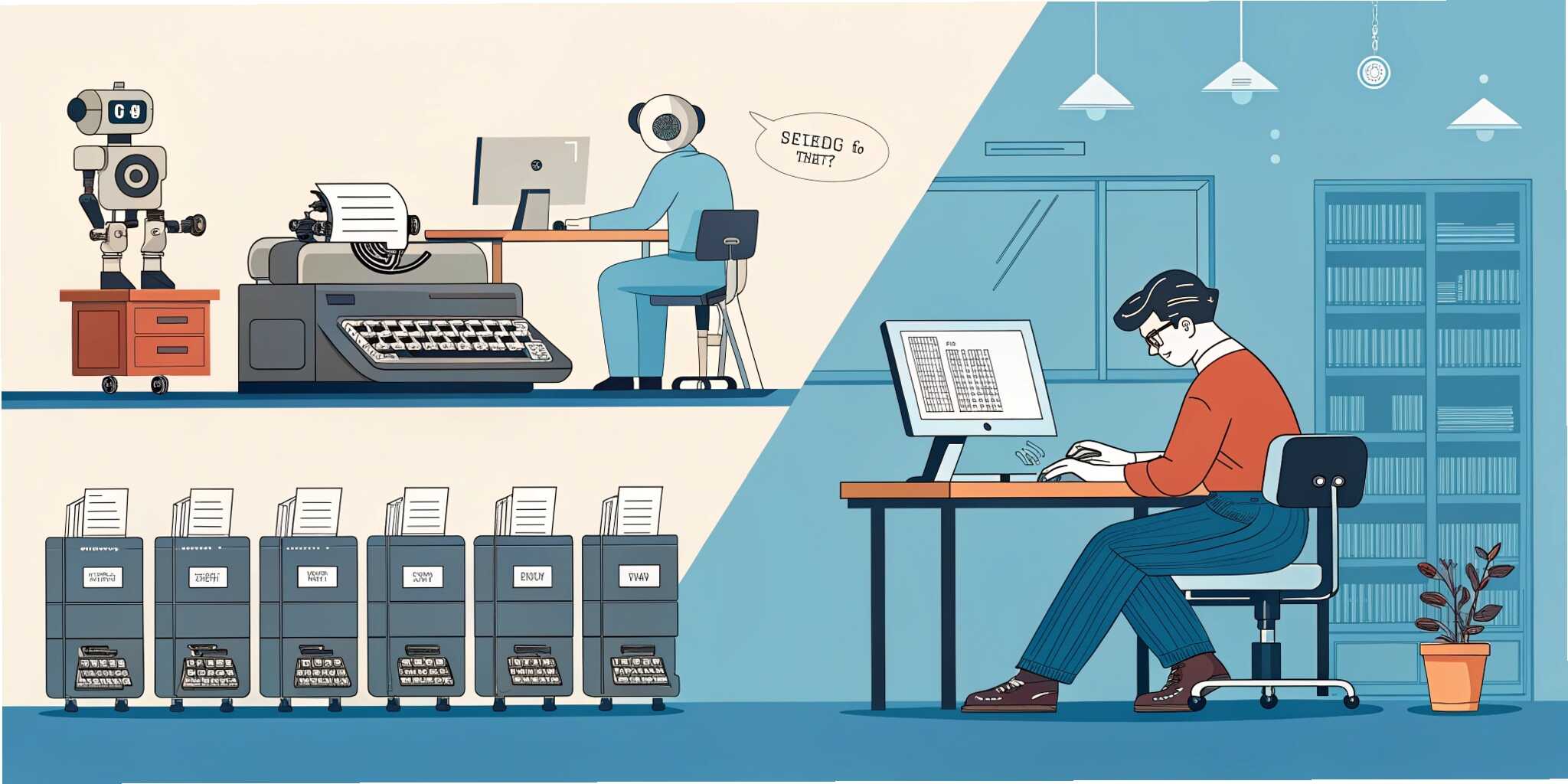Introduction
The rise of technology has revolutionized every industry, improving efficiency, communication, and global connectivity. However, this evolution comes with a significant shift in the nature of employment. As automation and AI take over routine tasks, the question arises: is technology creating more jobs than it replaces?
Positive Impacts of Technology on Employment
1. Job Creation in New Sectors
Technology has paved the way for entirely new industries—cybersecurity, AI, data science, robotics, and app development, to name a few. These industries demand highly skilled professionals, creating vast employment opportunities that didn’t exist a decade ago.
2. Remote and Freelance Work
The digital era enables flexible work arrangements. Platforms like Zoom, Slack, and Upwork have empowered millions to work from anywhere, opening up employment for global talent, especially in developing regions.
3. Enhanced Productivity and Collaboration
Automation tools and project management platforms like Asana and Trello reduce time spent on repetitive tasks, allowing employees to focus on creative and strategic work. This shift often leads to higher job satisfaction and efficiency.
Negative Impacts of Technology on Employment
1. Job Displacement through Automation
Repetitive jobs in manufacturing, customer service, and logistics are increasingly being replaced by robots and AI-powered systems. For example, self-checkout kiosks reduce the need for human cashiers.
2. Skill Gaps and Digital Divide
As tech skills become prerequisites for employment, workers without access to digital education are left behind. This widens the socioeconomic gap and puts pressure on traditional education systems to adapt.
3. Gig Economy Instability
While technology has enabled the gig economy, it also raises concerns about job security, benefits, and long-term career growth for freelancers and contract workers.
How to Adapt to the Changing Job Landscape
- Invest in Lifelong Learning: Continuous upskilling in areas like AI, coding, and digital marketing is essential.
- Embrace Digital Tools: Familiarity with common tech platforms boosts employability.
- Promote Human Skills: Creativity, emotional intelligence, and critical thinking are irreplaceable and in high demand.
- Policy Interventions: Governments and companies must work together to provide reskilling programs and social safety nets.
Conclusion
Technology is neither a job destroyer nor a universal savior—it is a tool. The key lies in how individuals, companies, and policymakers respond to the shift. With the right strategies and mindset, we can ensure that technology empowers rather than displaces the workforce.


